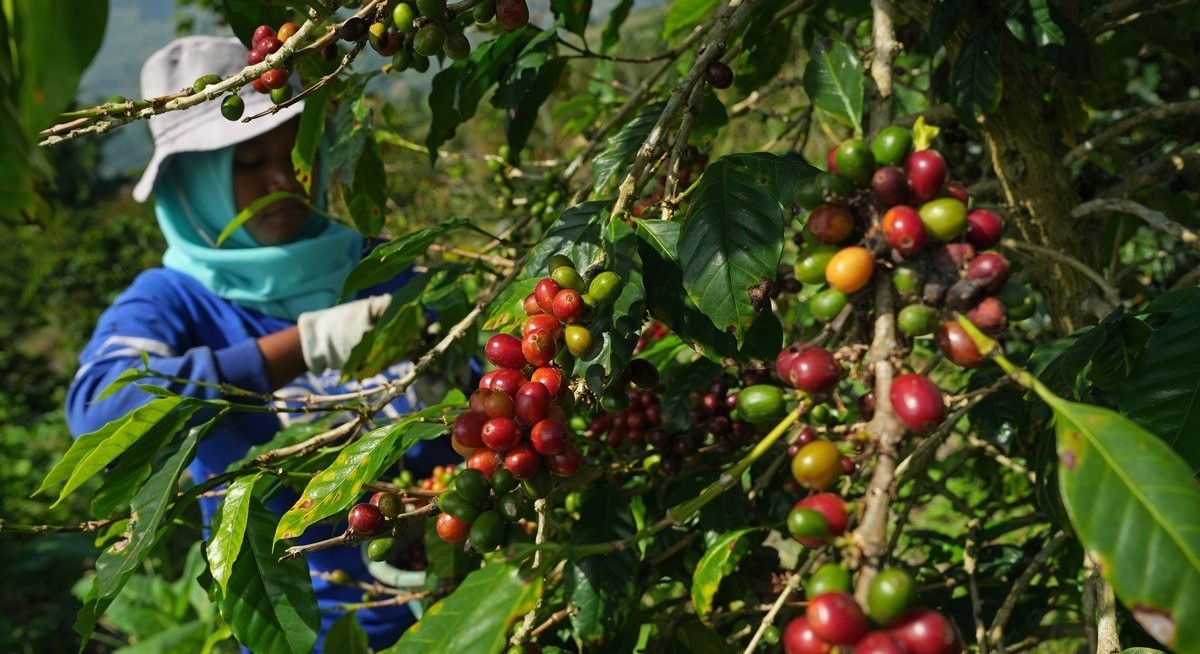(Nov 7): Indonesia is scouting fresh markets including North Africa for its small-scale coffee and cocoa farmers at risk of losing access to the European Union (EU) under the bloc’s new deforestation rules, according to a senior government official.
“We are helping now to find other markets,” Indonesia Vice Minister of Foreign Affairs Arif Havas Oegroseno said in an interview on Thursday (Nov 6). “There are new markets for coffee and cacao in North Africa.”
Officials are also working with Egypt to increase Indonesian commodity exports to the country, and exploring Libya and Syria as potential markets, Havas said.
The EU Deforestation Regulation, which goes into full effect at the end of the year, aims to reduce the felling of trees for production of soy, cocoa, coffee, beef and palm oil. The Southeast Asian country is the world’s biggest palm oil supplier and a major grower of cocoa and coffee.
While large-scale farming operations can deploy tree geo-tagging systems to prove their crops are deforestation-free, smallholders often can’t shoulder the cost, he said. In East Bali, Havas added, cooperatives spent about US$30,000 (RM125,290) to geotag just 200 hectares of cocoa farms.
Furthermore, it’s unclear if European buyers would pay a price premium for sustainably-produced goods, he said.
See also: Satellite hunt for superpollutant wins US$100 mil new funding
“Complying with the EU means cost, and the cost of just being compliant is probably even more than the cost of trying to find new markets,” Havas said. “While they are incurring costs, the price is not guaranteed.”
The government is also trying to boost the domestic market for palm oil by increasing the use of the commodity in biodiesel and sustainable aviation fuel, he said.
Uploaded by Liza Shireen Koshy




